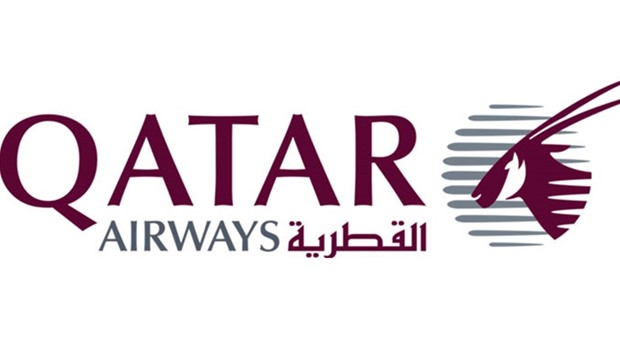Qatar Airways, along with four other Gulf Cooperation Council (GCC) companies, figured among the 100 global entities in the Boston Consulting Group’s (BCG) 2016 Global Challengers.
The 2016 BCG Global Challengers report highlights 100 companies from emerging markets - including Emirates Global Aluminum, Etihad Airways, Etisalat, Qatar Airways, and Sabic - that are rapidly expanding and globalising. This year’s list features the highest number of companies from the Middle East since the inaugural edition in 2006.
From 2009-2014, the 2016 global challengers from the Middle East have grown about 1.5 times in revenue size - and some companies such as Emirates Global Aluminum and Qatar Airways have even dramatically doubled in size.
Overall, global challengers from the region have witnessed their revenues rise from about $80bn to $133bn - which constitutes nearly 6% of the Middle East’s $2.2tn gross domestic product (2014).
Moreover, they have managed to maintain higher gross margins and revenue compound annual growth rates than many emerging markets such as Latin America and Africa.
Over the past decade, the list of challengers from the GCC indicates that air carriers from the region have a positively disproportionate share of the airline sector, especially compared to other emerging markets. The reality is, in the last ten years, Middle East carriers have led RDE revenue growth in the airline market.
“In the last decade, RDE carriers have increased their share from one fifth to one third of the global market - and from 2005-2014, they have essentially tripled their revenue from $80bn to $240bn,” Pablo Martinez, partner and managing director at BCG Middle East said, adding “this is all thanks to Middle East carriers who have largely benefited from their hubs, which serve long-haul markets that were less affected by the global financial crisis,”
Today, Middle Eastern carriers make up a staggering 67% - versus 60% in 2013 and 50% in 2011 - of BCG’s airline-specific list of global challengers.
The Middle Eastern carriers have remained on a solid growth path mainly owing to cost competitive structure as they basically have significant cost advantages in major categories as a result of the absence of income tax and access to cheap labour, implementation of powerful marketing plans or campaigns and leverage sports sponsorship deals to increase brand awareness, boost loyalty and promote new destinations, and their commitment to quality service.
BCG identified an impressive 103 companies based in the Middle East that, while not qualifying as global challengers, are still successful, growing, high-profit companies.

Qatar Airways Logo
